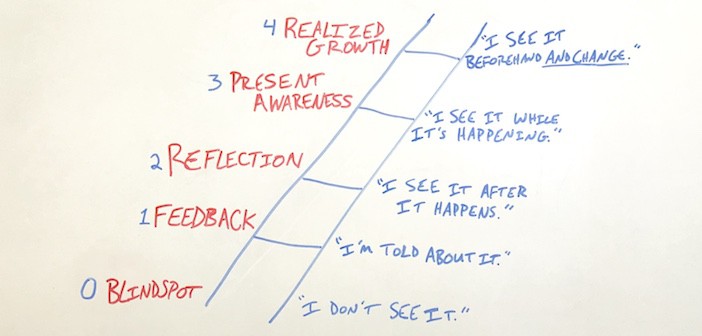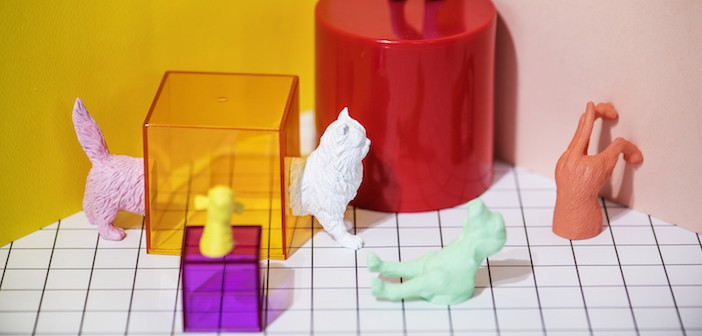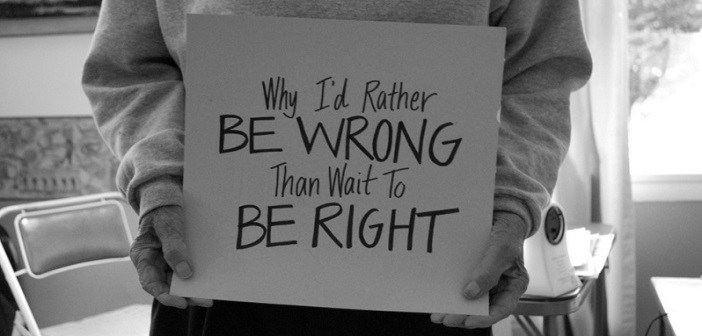Just about every day we each discover at least one new piece of information that either really frustrates us or really excites us. It could be any of a million things: someone lied, you won free John Mayer tickets, you missed a deadline, the Cubs are going to the World Series (ok, let me dream). And while there is an infinite number of discoveries that may cause great positive or negative emotional responses, our reaction to each of these always includes one thing: we want to think about it…immediately.
It is not uncommon to be working very productively with seemingly unbreakable focus, only to have some new, unrelated information or realization put a halt to all of it. Suddenly our minds are taken elsewhere as we try to process what we”ve just discovered. This desire to “think about it” is very much natural but equally unproductive. And the solution we always tell ourselves and hear from others is this: “Just try not to think about it.”
But is that even possible? Not for most of us. And it is certainly not healthy to just ignore our emotions.
So what should we do? We should think about it…later.
When you learn of that frustrating or exciting piece of information that threatens to consume your thoughts and hinder your productivity, promise yourself that you are going to think about it later, at a time that is more convenient and less disruptive. Write yourself a reminder note; set an alarm on your phone; put a post-it on your steering wheel; whatever works for you. But don”t just tell yourself that you will think about it later…promise yourself. And affirm that promise with a reminder so you can rest completely assured that you will not forget. Then get back to being productive. (Sometimes I just write on my to-do list, “Think about ______.”)
You may be surprised to find that simply being confident that you will think about something can be just as settling as thinking about it immediately. And when you do think about it later, your thoughts will be much clearer and the process much faster as your immediate emotional reaction has had time to fade.
It might sound ridiculous. But give it a try. And be sure to let me know how it works for you!



